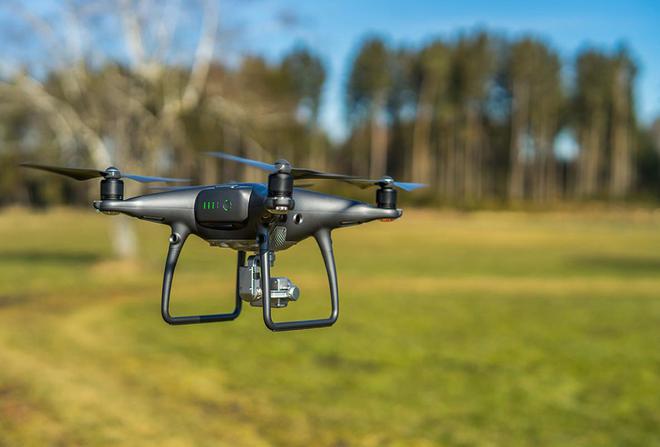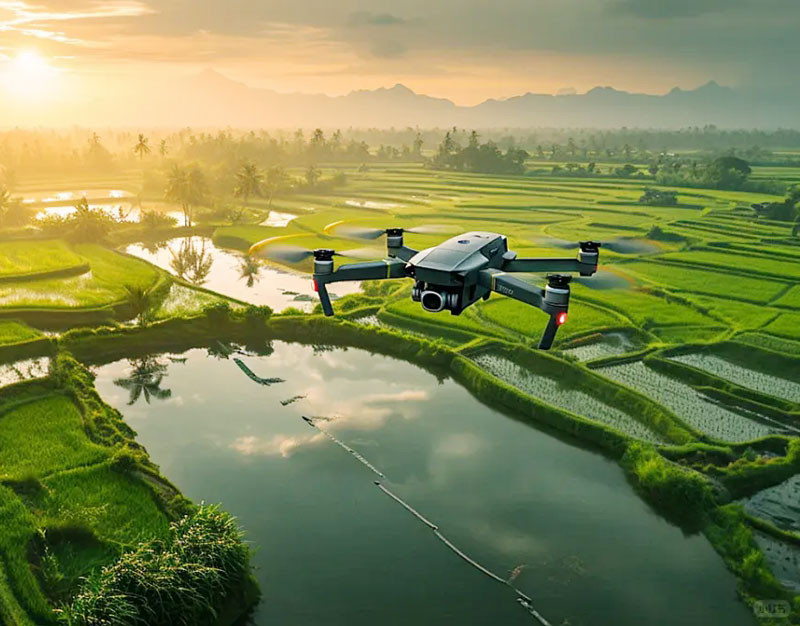Firstly, drones have revolutionized logistics and delivery services in the city. Companies such as the prominent Russian e-commerce platform Ozon have piloted drone delivery services, offering swift and efficient methods of transportation in the densely populated urban area. This advancement minimizes traffic congestion and reduces delivery time, exemplifying the potential drones have in optimizing urban logistics.
have piloted drone delivery services, offering swift and efficient methods of transportation in the densely populated urban area. This advancement minimizes traffic congestion and reduces delivery time, exemplifying the potential drones have in optimizing urban logistics.
Enhancing Urban Planning and Infrastructure
Another significant impact of drones in Moscow is their use in urban planning and infrastructure management. Equipped with high-resolution cameras and sensors, drones can capture detailed topographical data, allowing city planners to oversee developments from a bird’s eye view. The insights gathered contribute to more informed decisions on land use and zoning, ultimately leading to more sustainable urban environments.
Bolstering Security and Surveillance
Security is another domain where drones are making substantial contributions. Moscow’s law enforcement has integrated drones into their surveillance systems to monitor public spaces and traffic conditions more comprehensively. These UAVs provide law enforcement agencies with an effective tool for maintaining public safety, offering coverage that ground-based personnel might find challenging to achieve.
Moreover, drones have a role in emergency situations. From assisting in search and rescue operations to delivering medical supplies during crises, their agility and speed prove invaluable. For instance, during natural disasters, drones can quickly survey damage in otherwise inaccessible areas, aiding in faster response operations.
Challenges Faced by Drone Integration
Despite the benefits, the integration of drones into Moscow’s urban fabric is not without challenges. Regulation is a key concern, with airspace management and privacy issues needing continual oversight. Potential collisions with manned aircraft and the misuse of drones for illicit activities underscore the importance of stringent regulations and enforcement.
Furthermore, the technological limitation poses another hurdle. Battery life restrictions and the ability to operate in adverse weather conditions are areas that require further development to ensure reliable and consistent service delivery.
The Future of Drones in Moscow
The future of drones in Moscow looks promising, with innovations constantly emerging. The potential for swarm technology—where multiple drones operate harmoniously—is a field under exploration, offering possibilities in areas ranging from coordinated delivery systems to enhanced data collection capabilities.
As artificial intelligence and machine learning advance, drones are expected to become more autonomous, equipped with better decision-making capabilities that allow for safer and more effective operations in urban environments.
FAQs About Drones in Moscow
- Are drones permitted to fly anywhere in Moscow?
No, there are regulated zones where drone operations are restricted, including near airports and sensitive areas. Operators must adhere to Russia’s federal aviation regulations.
- How are drones impacting job markets in Moscow?
While drones automate specific tasks, they also create new job opportunities in drone maintenance, operations, data analysis, and regulatory compliance.
- What is the future potential of drones in urban logistics?
The future is bright, with advancements likely in AI-driven delivery systems, increased payload capabilities, and energy-efficient models reducing logistical costs and carbon footprints.

Overall, as Moscow integrates drone technology, it exemplifies how modern cities can harness innovation to grow smarter, more sustainable, and ultimately transform urban living.
